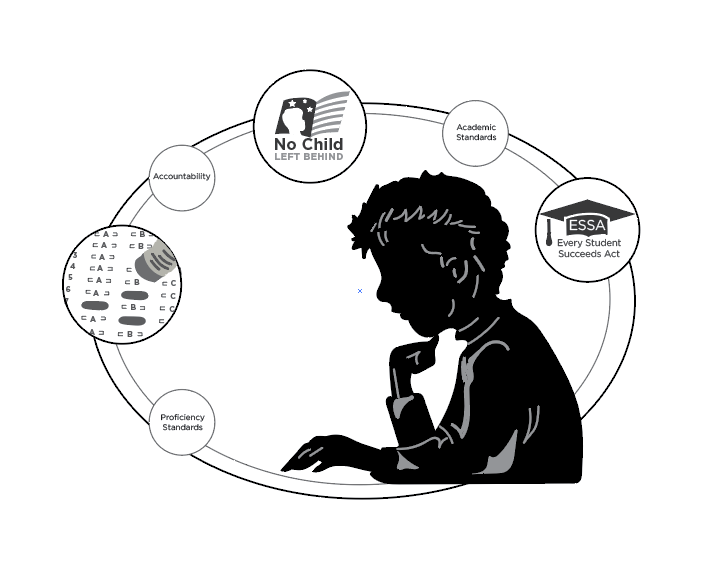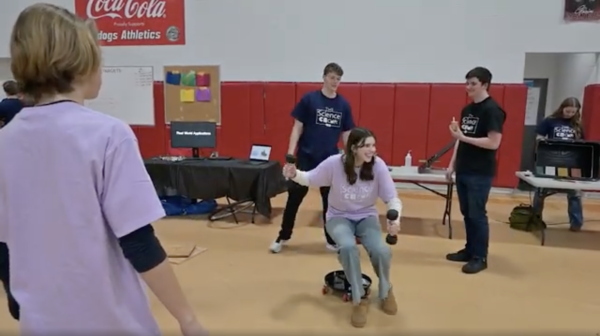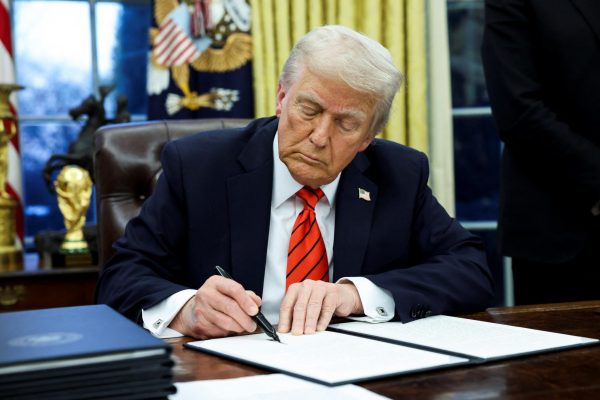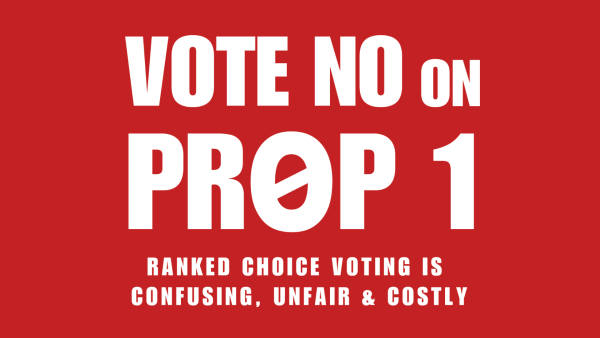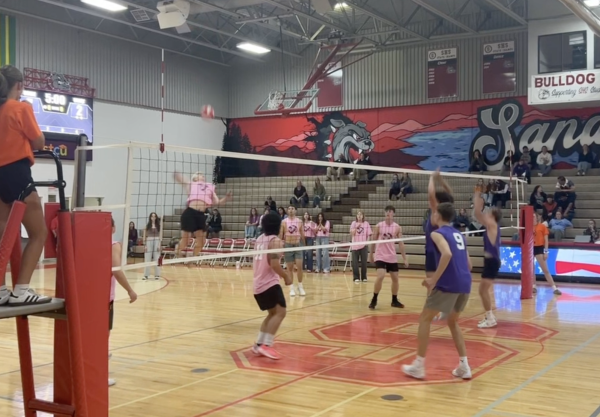POLITICAL INTERVENTION
Do government acts help schools achieve their full potential?
Graphic of the most recent modifications to the ESEA
With Betsy DeVos serving as Secretary of Education for the Trump Administration, changes in the education system are expected, and it begs the question: does political action help schools achieve their full potential? In order to adequately answer this question, past education reforms must be considered.
‘No Child Left Behind’ (NCLB), passed in 2002 by the Bush Administration, set high standards and focused on student accountability in an attempt to catch up U.S. students in 21st century learning. It made the state responsible for children’s attempts to learn the federally mandated requirements. Critics argue that this act relied primarily on test scores to evaluate schools and held a rigid ‘one size fits all’ style of teaching.
“To mandate certain numbers, like to say that […]100 percent [of students] must show proficiency. They had some things in place to punish schools….to go to the extent of closing the school down,” Vice Principal Derek Dickinson said.
More recently, the Obama Administration passed the ‘Every Student Succeeds Act’ in 2015, which repealed some negative elements left from NCLB. ESSA gave more local control of education and required students to be taught at high academic standards that would better prepare students for the workforce.
“Basically it gives more leeway [to the state] into making some decisions which fits their population more so than NCLB…to me, that’s a good thing,” Principal Tom Albertson said.
Critics of ESSA state that even though it gave more local control, there is still government control in the schools. The Government still has some control in certain areas of the act, like the authority to mandate standardized tests, and require the state to intercede in certain schools that are in the lowest five percentile.
With the new Secretary of Education, schools nationwide can expect changes, whether or not they will be beneficial is yet to be decided.
“Good teaching is good teaching, and learning so I don’t know if [the future] is that much different..” Albertson concluded.
“Well I have some reservations about both….I definitely think there should be standards in education..” Dickinson concluded.

Erin Meek is a senior and it is her second year on staff. She is a lifestyles editor.

Cienna Roget is a senior and it is her second year on staff. She is the managing editor.

